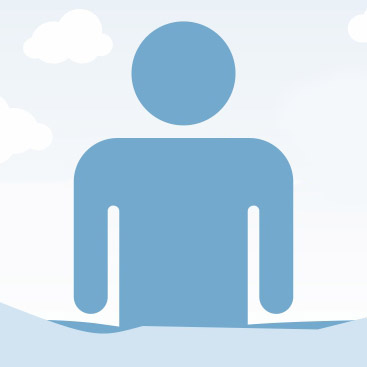
Dieser Eintrag ist derzeit nicht aktiv, der Gastgeber hat sein Profil vorübergehend deaktiviert. Du kannst mit dem Gastgeber weiterhin über deinen Posteingang kommunizieren, wenn du in der Vergangenheit bereits schon mit ihm in Kontakt gewesen bist.
(Gastgeber Ref-Nr.: 735968185889)
Komplette Gastgeber-Liste anzeigenSchaue dir diese ähnlichen Profile an: